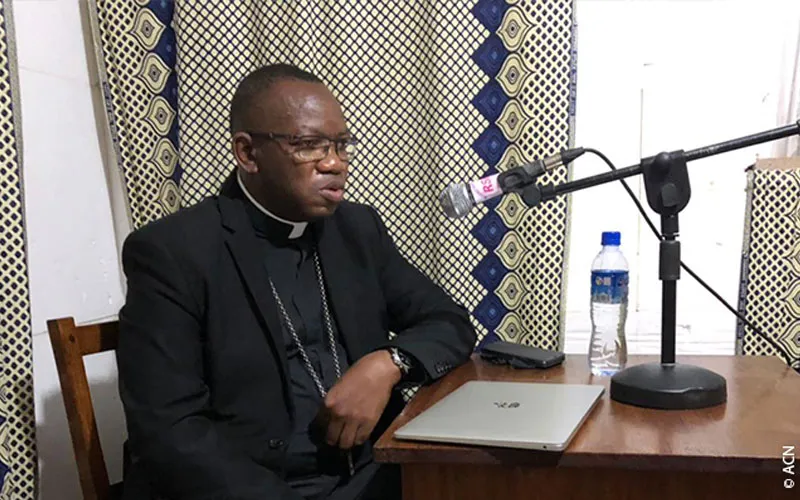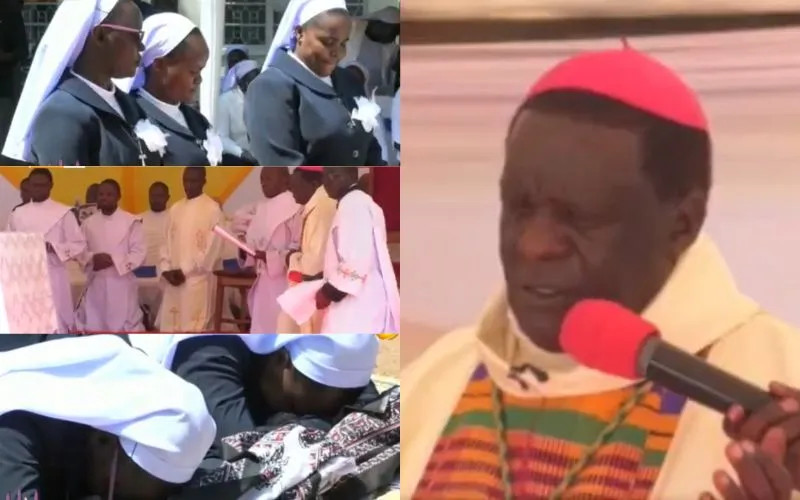In the report by Aid to the Church in Need (ACN) International, Bishop Juliasse says the Catholic Diocese of Pemba is working to ensure the displaced persons are equipped with farming materials ahead of the planting season.
“The sowing time will start soon, with the rains, especially the maize, yucca, and the other staple food crops. We have to make sure that the families have the necessary means, and this involves having a mattock, an axe, everything they need to work the fields. But at the same time, we also have to make sure they have enough land to grow their crops on,” he says.
Besides food and health care, the Bishop who has been at the helm of Pemba Diocese since February says the people of God in Cabo Delgado are in need of spiritual and psychological support.
“The other priority for us as a Church is their spiritual support. The psychological support is already ongoing, but we now also have to focus on spiritual support," he says.
Spiritual support, the Bishop explains, is "a priority for the Church and requires a pastoral outreach involving the integration of the refugees in the Christian and religious life of the places where they find themselves.”
“There are tensions between the local people and those who have welcomed the refugees," he further notes, and explains, "This is also one of the aspects where the Church has a role to play, starting with the local Christian leaders and influencing the local leaders to promote a climate of friendly coexistence between the refugees and those who were already living in the area.”
In a situation update during a virtual event Hosted by the Catholic Parliamentary Liaison Office and Denis Hurley Peace Institute (DHPI) in July, the Director of Mozambican Episcopal Conference Commission for Migrants, Refugees and Displaced Persons (CEMIRDE), Sr. Marines Biasibetti, said that that approximately 900,000 people have been displaced within Cabo Delgado and in the surrounding Provinces such as Niassa, Zambézia and Nampula.
It was noted, during the July 27 virtual event, that 50 percent of the displaced people were children.
“Every day there are new attacks with localized outbreaks, forcing people to abandon everything to seek refuge elsewhere,” Sr. Marines said and added that the most affected districts are Palma, Mocímboa da Praia, Quissanga, Macomia and Muedumbe, among others.
The Catholic Nun said that about 20,000 IDPs have found refuge in the Catholic Diocese of Nacala within the Province of Nampula.








